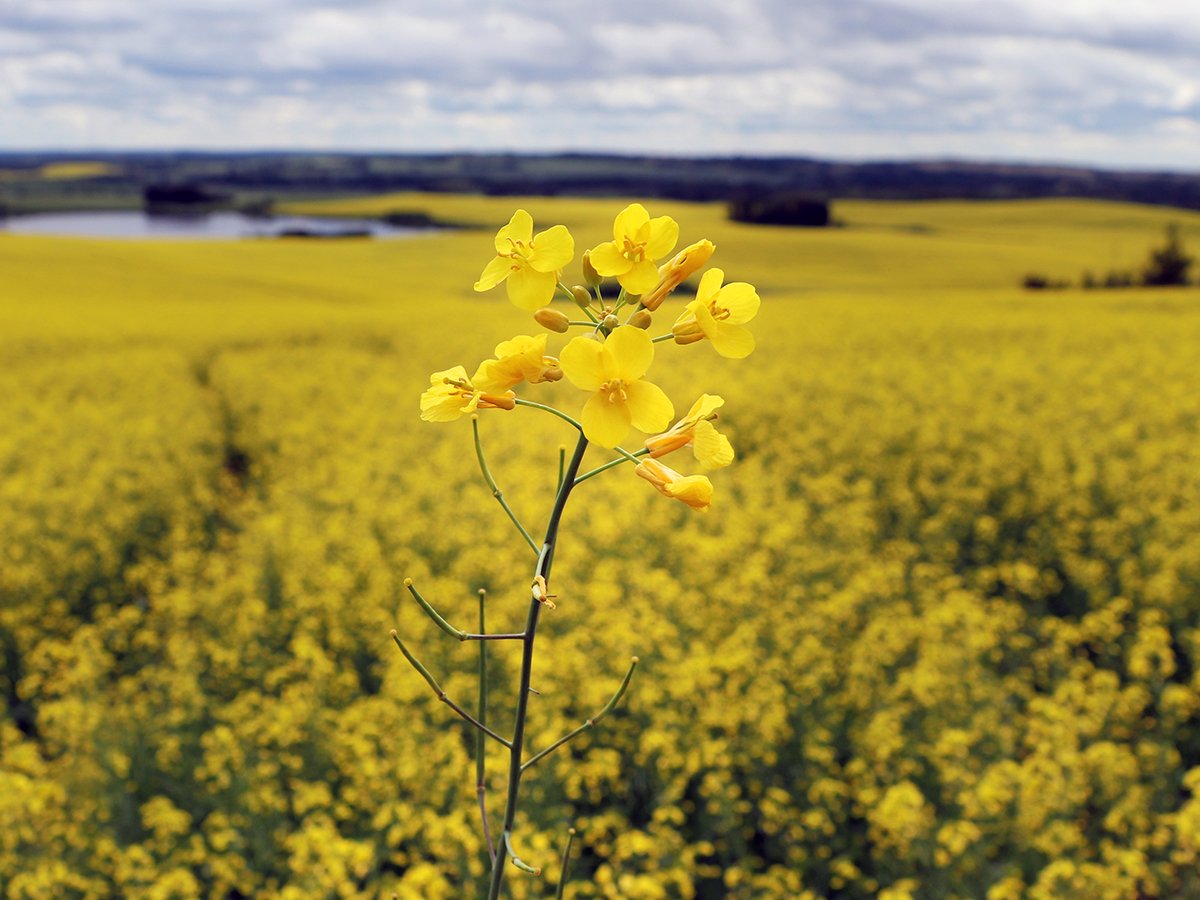With South American soybean production growing by leaps and bounds, Canadian canola growers will have to find a way to live with the huge oilseed-producing region.
And that means making canola something other than a cheap oilseed, says a farmer representative on the Canola Council of Canada’s board of directors.
“If we’re going to be in this game, we’re going to have to differentiate ourselves like we did 25 years ago when canola was first invented,” said Ernie Sirski, president of the Manitoba Canola Growers Association.
Read Also

Chinese offer complicates canola marketing
Recently the Chinese ambassador indicated that there would be a potential deal between Canada and China regarding the current tariff war.
Millions of acres of soybeans are already being produced using modern technology and modern farming practices in South America, and Brazil’s recent acceptance of glyphosate-tolerant varieties means millions of acres more of soybeans will likely be planted.
That will continue to cut into the ability of canola to demand high prices and should force canola growers to adapt, Sirski said. “Head to head we can’t compete with soy oil or palm oil, we just can’t do it.”
Since South American producers generally have a lower cost of production, producing bulk canola will be a losing proposition because South American farmers will realize a higher margin out of lower prices.
Sirski sees hope in the new canola varieties that companies like Cargill and Dow are developing. These have special, healthy characteristics that the companies will try to market outside the bulk commodity market.
Sirski said that could bring back to canola some of the uniqueness it had after it was invented.
“We were able to establish a very competitive market for ourselves most of the time valued higher than competing oils,” said Sirski. “We’ve got to work our way back to that.”
Lach Coburn, chair of the Canola Council of Canada, thinks Canadian farmers will be able to stay competitive with South American farmers.
“We just have to be better at what we do and yield more,” said Coburn, who manages exports for Cargill.
As long as demand for oilseeds continues to expand as fast as production expands, growers should be fine.
“I don’t think we’re being disadvantaged. I think canola has done quite well through the whole thing,” said Coburn.















